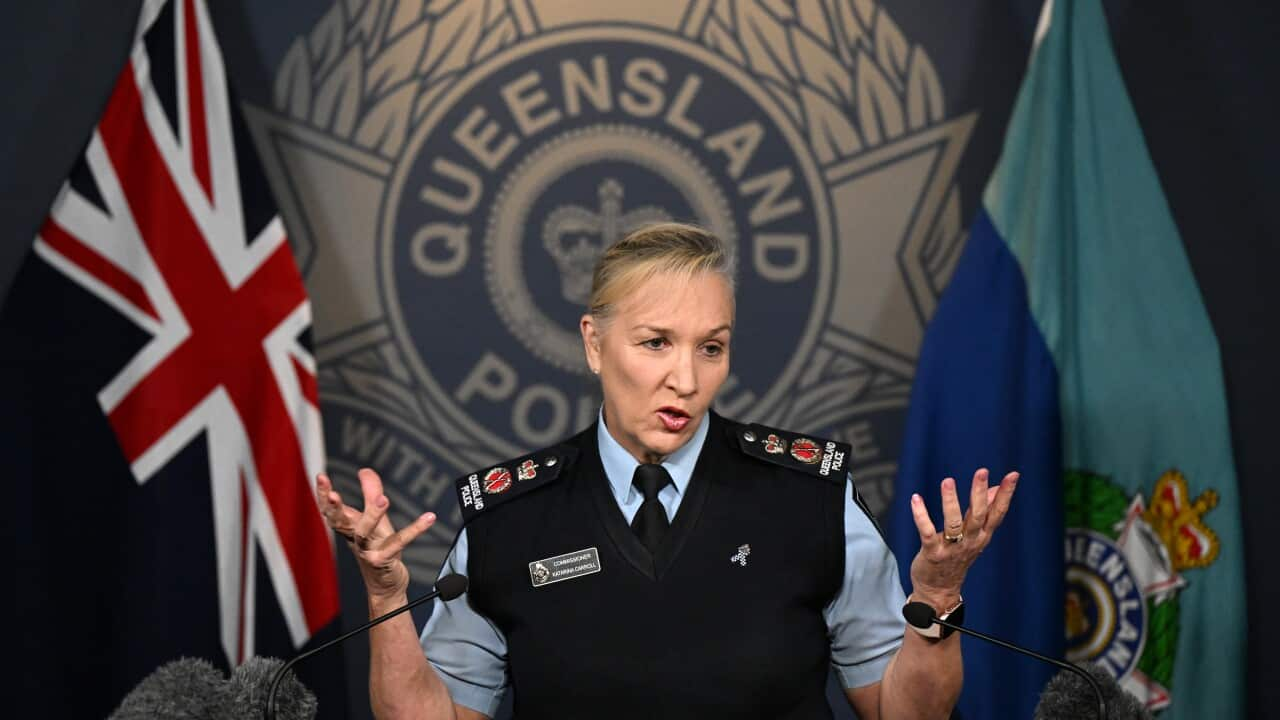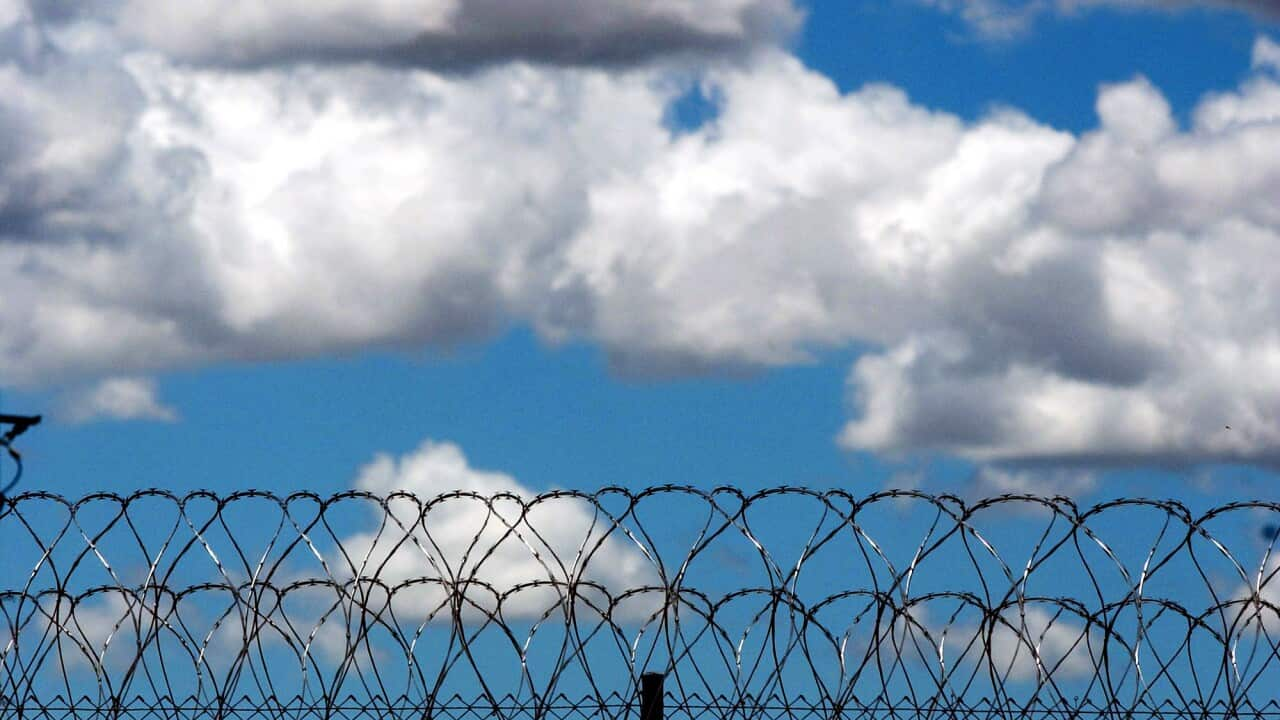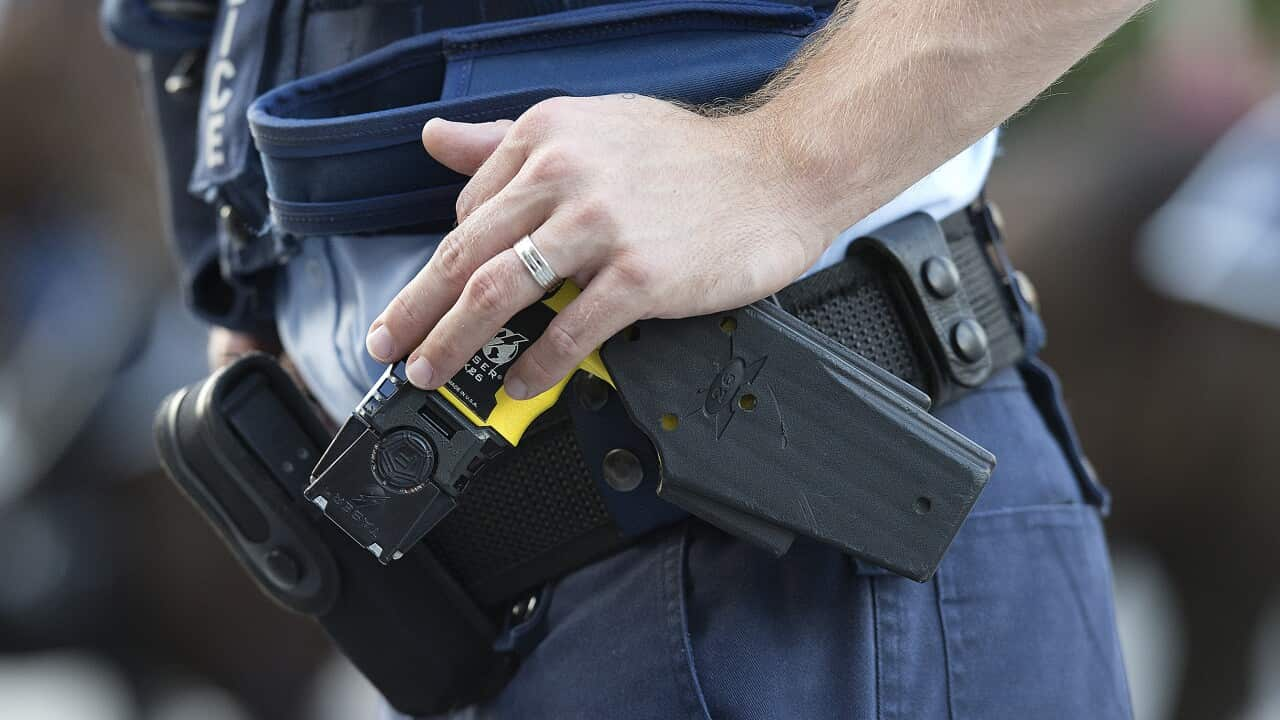A program that sends First Nations juvenile offenders to regional areas rather than detention centres, where appropriate, will be expanded by the Queensland government.
The on-Country initiative is already on trial in the state, relocating Indigenous children to work on the land and learn life skills in a bid to break the cycle of offending.
On-Country programs provides voluntary alternatives for youth who are engaged in the justice system to participate in programs that promote connection to culture, learn life skills, improve school and community participation in attempt to curb offending and re-offending.
As pressure on the juvenile detention system grows amid what media and government are saying is a 'youth crime outcry', Qld Premier Steven Miles confirmed the relocation sentencing program will be expanded across the state.
Mr Miles and Youth Justice Minister Di Farmer made the announcement on Wednesday in Townsville, one of three locations where the program is being trialled.
"There isn't one simple solution to stopping all youth offending, but evidence tells us that on-Country programs have had some real success," Mr Miles said.
'The system is letting them down'
One such program is the Jabalbina Healing Camp, run by Jabalbina Aboriginal Program in Mununda, Far North Queensland.
Gudjala man and General Manager of the on-Country program, James Kerr says the program aims to reengage young people back into culture and revive spiritual connections to the land.
"It's about strengthening family relationships and connections within the community and promoting that positive self identity," he told NITV.
Kerr says through this they aim to reengage young people with their education and employment training, by strengthening their sense of agency.
They are the storytellers in their own narrative, they want to change their life and we will work with them to do it the best way they can do it.
"It's not about our services or the government telling them how they should live or how they should act."
Kerr says a core component of the program is helping young people find their identity, regardless of what they are dealing with or barriers they are facing in the outside world.
"They're often struggling with who they are and where they come from. And they're struggling with current society today and the system. The system is letting them down."
Whilst the program provides a safe place for young people to grow on Country, Kerr says there's a funding gap if they are to take on more young people.
"We get almost five to ten referrals a day requesting us to work with young people. Unfortunately, we have to put some of these young people on hold and work with the current cohort of young people we've got."
"There's no end to our program. When they say six week that doesn't work for some of our young people who have complex issues.
"It takes almost three months to build some type of rapport, for them to be able to trust you."
What are the cores issues facing Indigenous youth
Gamilaraay woman and Commissioner of the Queensland Family and Child Commission (QFCC) Natalie Lewis said that many factors contribute to Indigenous youths interaction with the justice system.
"Aboriginal and Torres Strait Islander peoples face immense inequalities, including poverty, inadequate housing, racism, reduced access to critical services, intergenerational disadvantage, over-policing and over-criminalisation," Commissioner Lewis told NITV.
The QFCC have found that Indigenous youth under youth justice supervision have disengaged totally from school, training or work; experienced domestic and family violence; or have a disability or mental health condition.
Data from 2022 about Aboriginal and Torres Strait Islander young people involved with the youth justice system showed:
- 61% had experienced domestic and family violence
- 45% had totally disengaged from school, training or work
- 30% had a disability
- 24% had a mental health condition.
Commissioner Lewis says the success of the program expansion relies on the trial having legitimacy within the community it operates.
"It must be developed and led by First Nations Peoples in a way that meaningfully engages young people and their communities and meets their explicit and unique needs."
The state government said data indicated young people who participated in on-Country programs were less likely to reoffend (58 per cent) compared with those who had not (64 per cent).
The government is seeking expressions of interest from First Nations organisations to deliver the expanded Intensive On Country trial for Indigenous children.













